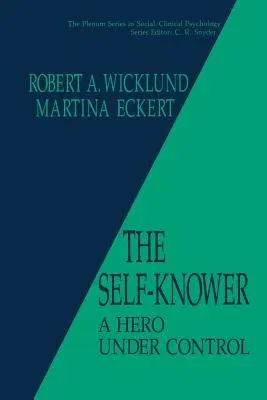R a Wicklund
(Author)The Self-Knower: A Hero Under Control (Softcover Reprint of the Original 1st 1992)Paperback - Softcover Reprint of the Original 1st 1992, 31 May 2013

Qty
1
Turbo
Ships in 2 - 3 days
In Stock
Free Delivery
Cash on Delivery
15 Days
Free Returns
Secure Checkout
Part of Series
The Springer Social Clinical Psychology
Part of Series
Springer Series in Social Clinical Psychology
Print Length
166 pages
Language
English
Publisher
Springer
Date Published
31 May 2013
ISBN-10
1489911545
ISBN-13
9781489911544
Description
Product Details
Authors:
Book Edition:
Softcover Reprint of the Original 1st 1992
Book Format:
Paperback
Country of Origin:
NL
Date Published:
31 May 2013
Dimensions:
23.39 x
15.6 x
0.99 cm
ISBN-10:
1489911545
ISBN-13:
9781489911544
Language:
English
Location:
New York, NY
Pages:
166
Publisher:
Weight:
267.62 gm

